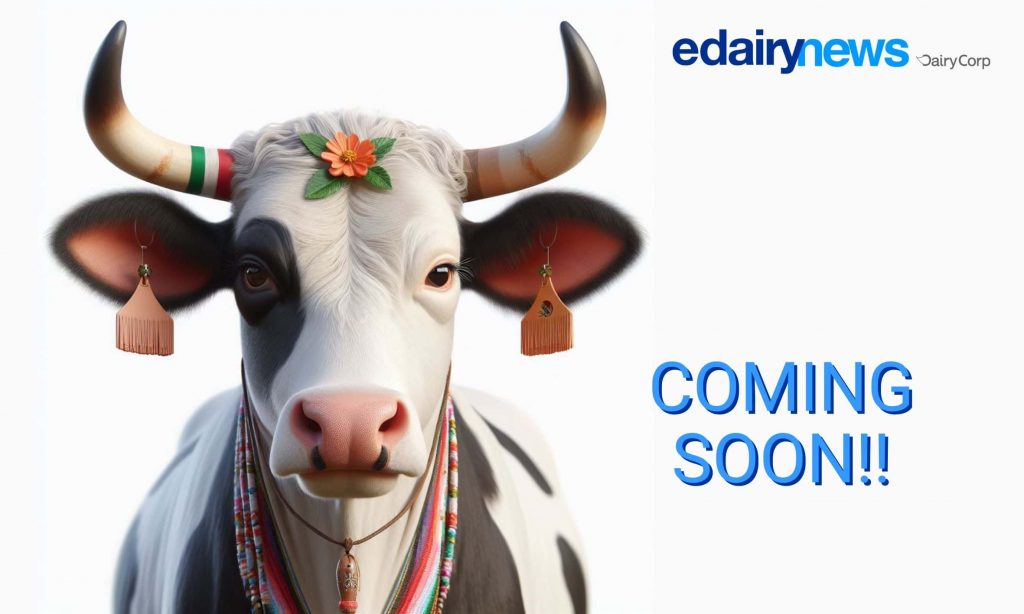There are a few good reasons why many dairy farmers are using robots to milk cows.
“They don’t show up hungover, they’re not late and they don’t quit,” Tony Brazda, Lely North America area sales manager, said this week at the Dairy XPO in Stratford.
Brazda figures the company, a Dutch agricultural machine and robots manufacturer, milks around 20 per cent of cows in Canada. It’s serious business for an outfit that’s considered one of the industry’s leading dairy robot manufacturers after selling its first unit in 1992.
“In any industry, automation starts taking over,” he said.
There are several appeals to robot milking, Brazda said. One of them is labour flexibility from reallocating four or five hours of work each day.
“When you start seeing the evolution of all these processes, it’s not particularly scary,” he said. “The march of progress is pretty inevitable.”
The physical and time consuming toll of milking helped convince Doug Johnston and his brother to automate one of their Listowel-based Maplevue Farms operations. They started building a barn for two robots six years ago this week, and it’s made dairy farming fun again, Johnston said.
“It frees us up,” he said, “but after 35 years of bending down beside cows, my knees are improving, my hips are better and my brother isn’t limping around. Life is better for us.”
Johnston, now in his late 50s, grew up on the sixth-generation family farm before becoming an owner in 1987. He said the Dairy XPO is a chance to connect with others in the industry, check out new technology and learn how the family can improve its operation.
“If you had told me 10 years ago that I’d be milking with robots and computers, I’d have said, ‘yeah, right.’ We were a tie-stall barn five years ago.”
Robots milk 75 of Maplevue’s 135 cows around the clock. The animals have been conditioned to connect to a robot three times a day once there is milk in their udder, and they get a small treat afterwards. Another robot – similar to a Roomba – scrapes manure off the barn floor.
“It’s amazing technology that, as a guy who didn’t grow up around computers, we’ve had to learn a lot,” he said.
Robots weren’t on Mike Hargrave’s radar 17 years ago either when he was in sales and installation at Avonbank, an agricultural dealership that serves dairy farmers in Perth County and surrounding areas.
Now, as the company’s owner, robots are Avonbank’s number one product with 50 sold each year.
“It’s the coolest part of what we do because we’ve watched the evolution of farming in front of our own eyes,” he said. “The best part is we got to take part in it.”
Any dairy farm installing new equipment is using robots, Hargrave said.
“It’s a generational change, a lifestyle change,” he continued. “The product has proven that it works very well . . . and it’s reliable.
“There’s always room for growth, but the ethics behind milking a cow with a robot is there. That’s not going to change, but I think as far as progression in technology, information we can gather, I think that will keep progressing.”
You can now read the most important #news on #eDairyNews #Whatsapp channels!!!
🇺🇸 eDairy News INGLÊS: https://whatsapp.com/channel/0029VaKsjzGDTkJyIN6hcP1K















